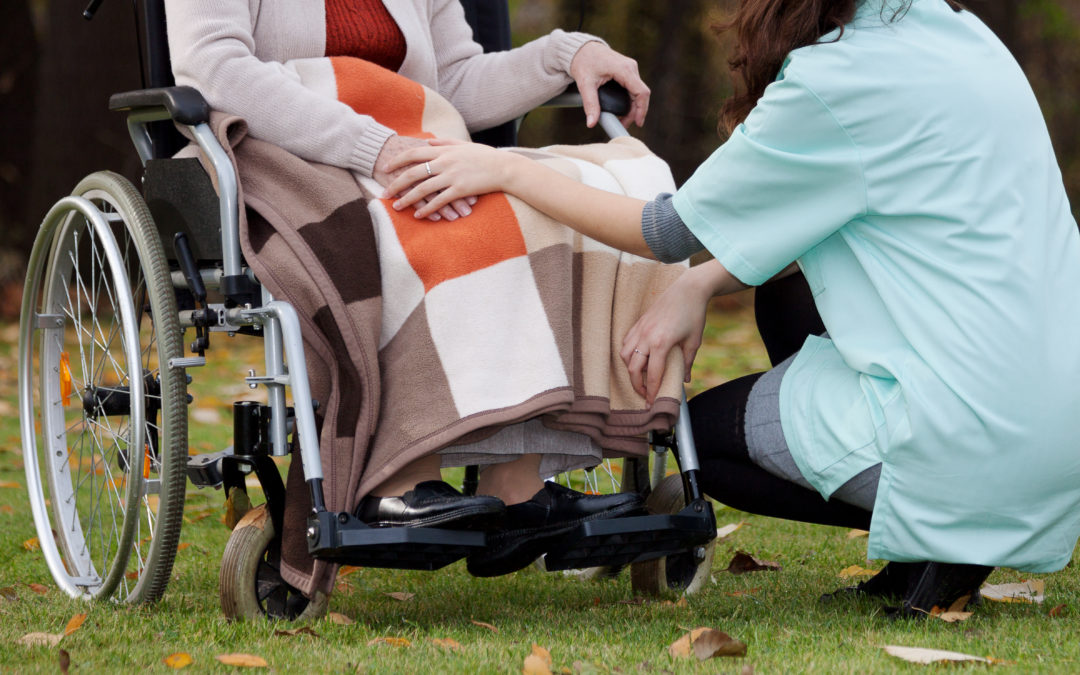Measures to Lock down Facilities Isolate the Elderly without Guarantee of Safety
COVID-19 Nursing Home Care Challenges
As reports of outbreaks of the novel coronavirus inside American nursing homes continue to make headlines, facilities across the nation are now taking extraordinary measures to protect the vulnerable elderly. According to an article in The New York Times, thousands of assisted-living facilities and nursing homes throughout the United States are putting into place strict quarantine measures to mitigate the threat posed by the coronavirus, also known as COVID-19. Sometimes called “reverse quarantine,” these measures involve the severe, and often total, restriction of social visits within nursing homes.
According to the Times, a new guidance proposed by industry leaders and supported by the federal government says that visits to residents should be limited to “essential visits,” meaning ones directly related to their care. As a result, many homes are precluding visits by families. Cut off from their loved ones, family members are left to worry about the well-being—emotional as well as physical—of elderly family members left in isolation.
These stringent quarantine measures seek to limit the spread of COVID-19, which poses a unique risk to nursing homes. Populated by elderly residents whose immune systems are often too weak to overcome the lung-attacking illness, nursing care facilities are also frequently understaffed and swarmed with visitors and ill residents who go between facility and hospital, which promotes the spread of germs. Under the new guidance, anyone attempting to pass through a facility’s doors—whether staff, visitors, contractors, or government workers—must be screened at reception. Anyone displaying evidence of illness would not be permitted entry.
According to the Times, five long-term care facilities in Washington State have been impacted by coronavirus outbreaks, including the Life Care Center nursing home in Kirkland, which to date is singularly responsible for hundreds of cases of COVID-19 and many more coronavirus-related deaths. COVID-19 cases are also connected to facilities in New York and California, and a report in the Chicago Tribune tells of numerous people infected in a long-term care facility in a Chicago suburb.
The hope with the isolation directive is to slow and contain further spread of the novel coronavirus. The Times cites Dr. Kevin Kavanagh, an expert in infection control, as applauding the “reverse isolation” measures, which he claims were effective in combating the Spanish Flu epidemic. Others worry these measures might have come about too late; some officials have expressed concern about as-yet-undetected COVID-19 cases that may already be spreading within nursing homes.
Ensure Your Loved One’s Nursing Facility Is Taking Adequate Precautions
In a time when safety standards are more imperative than ever, it’s crucial to make sure that the Pennsylvania, Philadelphia, or New Jersey nursing home where your loved one lives meets every standard for hygienic and other forms of safety. Should you have concerns regarding the quality of a Philadelphia/PA or NJ facility or you suspect neglect or abuse has occurred at the Pennsylvania, Philadelphia, or New Jersey nursing home where your family member resides, please contact nursing home abuse attorney Brian P. Murphy to discover your legal rights and options.







